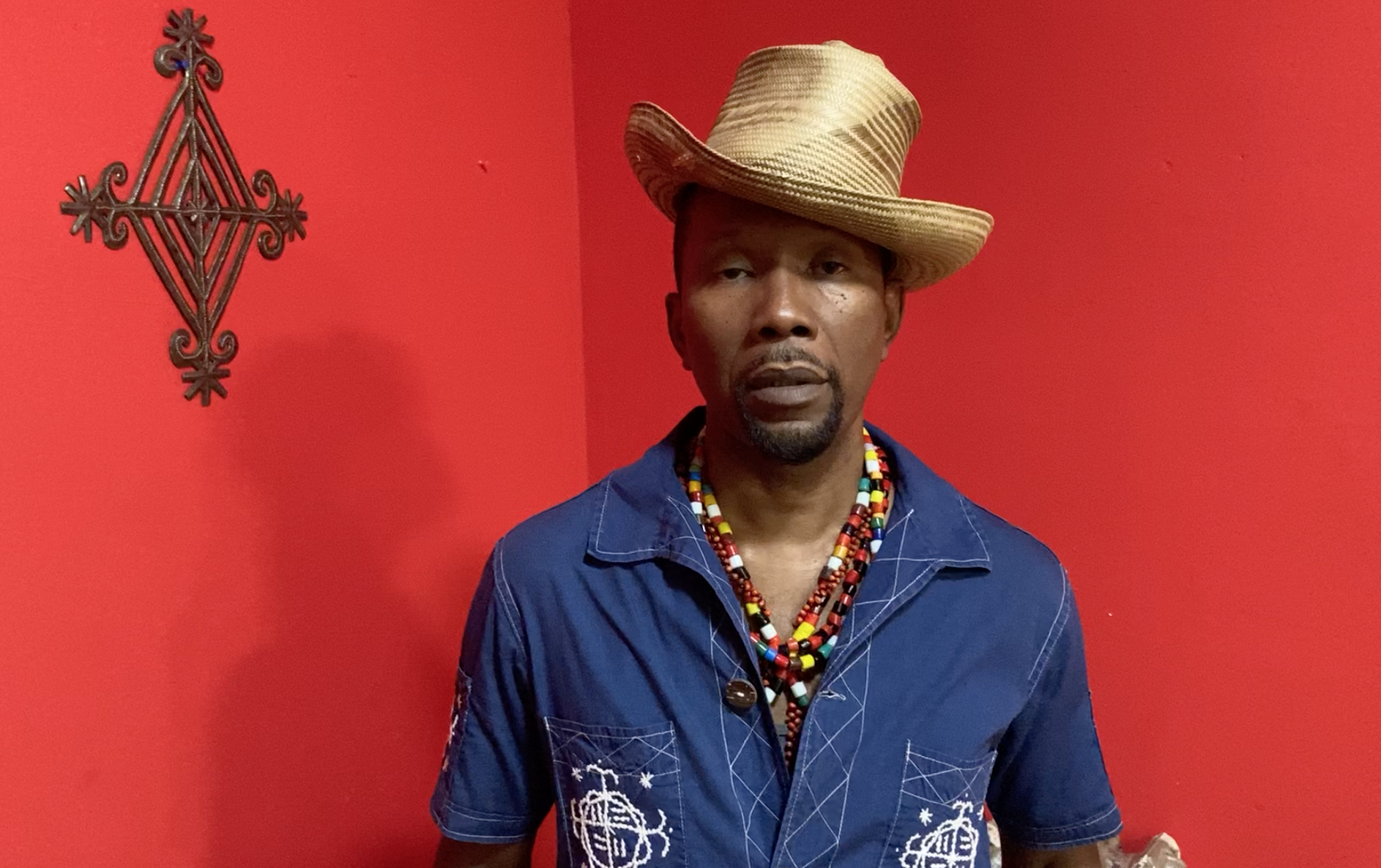Beat of the Boroughs: Öneza Lafontant

Öneza Lafontant is the founder and lead singer of KONGO, a Haitian roots music group of Brooklyn. The Flatbush resident is featured in the Center for Traditional Music and Dance’s Beat of the Boroughs: NYC Online series, which is showcasing the artistry of 54 of the city’s leading immigrant performers and diverse cultural traditions from around the world.
When did your musical journey begin?

Brooklyn Boro
View MoreNew York City’s most populous borough, Brooklyn, is home to nearly 2.6 million residents. If Brooklyn were an independent city it would be the fourth largest city in the United States. While Brooklyn has become the epitome of ‘cool and hip’ in recent years, for those that were born here, raised families here and improved communities over the years, Brooklyn has never been ‘uncool’.